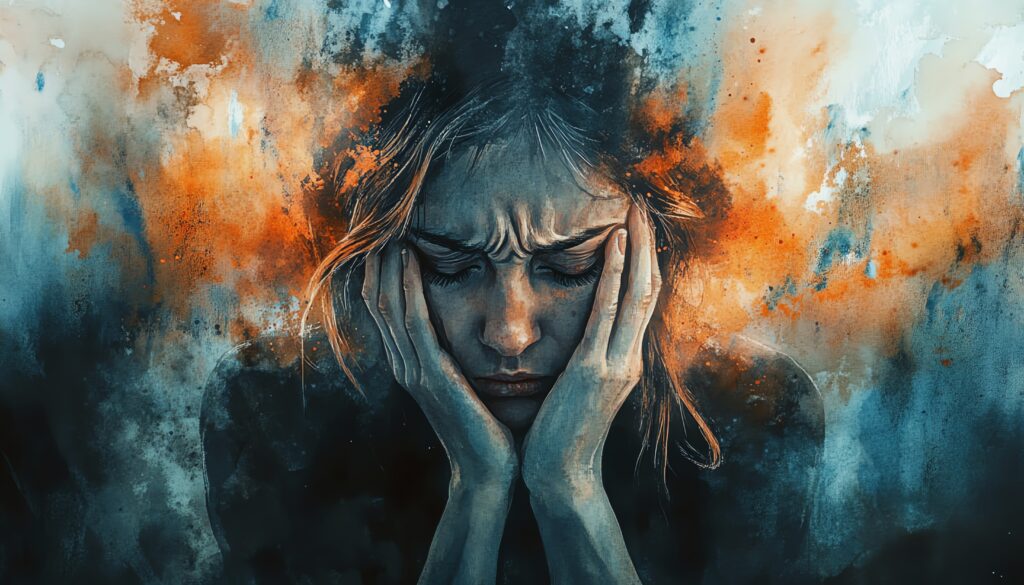The days have become shorter and the sun shines less and less each day. If you are feeling emotional in response to the change in weather this winter, you could be dealing with seasonal affective disorder (SAD).
5% percent of Americans deal with SAD and females are 4 times more likely to experience seasonal affective disorder over men. SAD can affect people of all age groups but is typically found in 18 to 30 year olds.
What sets SAD apart from depression is that it takes effect strictly during the winter months and tends to improve in the spring months.
According to the American Psychiatric Association, listed below are the symptoms of seasonal affective disorder (SAD):
- Fatigue even after hours of sleep
- Feeling sad and depressed
- Change in appetite (change in cravings and desire to eat more carbohydrates)
- Change in sleep patterns (over sleeping)
- Increase in activities of no purpose (e.g. pacing, unable to sit still)
- Feelings of guilt and unworthiness
- Low self esteem and desertion of self love
- Suicidal thoughts
- Unable to focus and concentrate on tasks
- Make an effort to go outside. Breathe in the fresh air and enforce movement. If the sun is out, go for a walk around the block.
- Adding Vitamin D to your diet is an easy way to care for your body. Egg yolks, mushrooms, cheese and salmon are all great sources of Vitamin D.
- Plan out your month and try to stay social! Spend time with friends and family and planning out designated social time will ensure you are committed.
- Move your body in any way you enjoy. Whether it is yoga, running, dancing, swimming, or stretching; moving your body will increase physical stimulation.
- Find support and be sure to speak to a health care professional if symptoms worsen.








